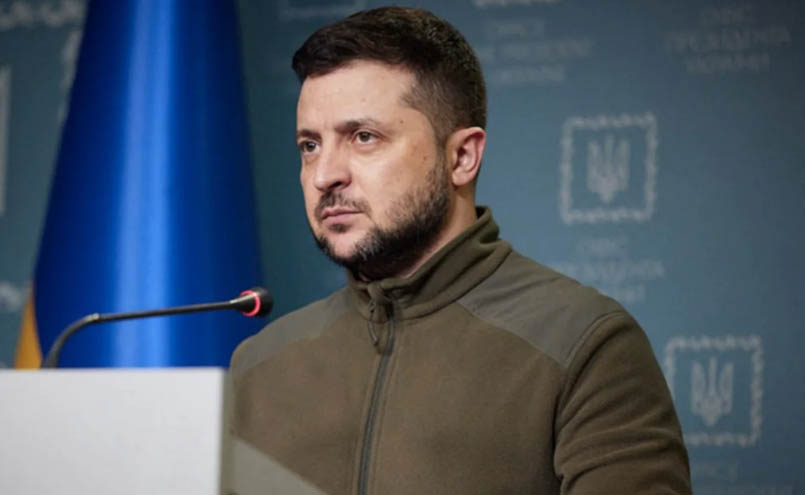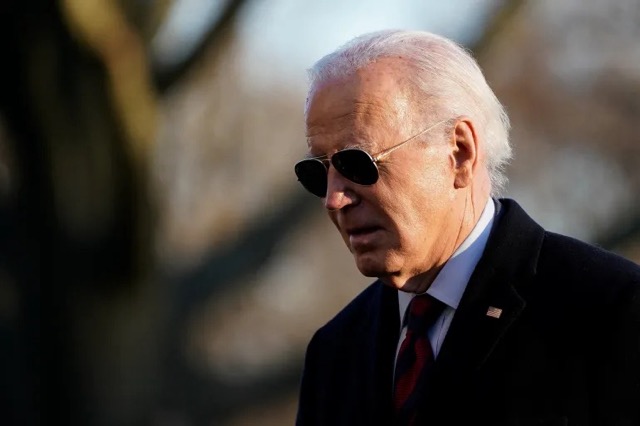After halting Russian gas exports through its territory, Ukrainian President Volodymyr Zelenskyy has called on the United States to increase its gas supply to Europe. The decision marks the end of decades-long Russian gas transit through Ukraine, a move described by Ukraine’s energy minister, Herman Halushchenko, as being in the country’s “national security interests.”
“We have stopped the transit of Russian gas. This is a historic event. Russia is losing markets and will incur financial losses,” Halushchenko stated. He further highlighted that Europe’s prior decision to phase out Russian gas aligned with Ukraine’s stance.
Despite the disruption, European Union (EU) officials claim that gas prices are not expected to increase, thanks to preparations made since 2022 to diversify energy sources. “The European gas infrastructure is flexible enough to provide gas of non-Russian origin,” said a European Commission spokesperson. Austria’s Energy Minister, Leonore Gewessler, emphasized that her country had been well-prepared, stating, “The Austrian gas supply is secured.”
President Zelenskyy framed the move as a victory against Moscow, declaring, “Ukraine will no longer allow Moscow to earn additional billions on our blood, on the lives of our citizens.” He described cutting off Russian gas as “one of Moscow’s biggest defeats” and accused the Kremlin of using energy as a weapon to exert pressure on its partners.
“The more there is on the market from Europe’s real partners, the faster we will overcome the last negative consequences of European energy dependence on Russia,” Zelenskyy added.
Before the war in Ukraine, Russia supplied approximately 40% of Europe’s natural gas through various pipeline systems, with one major route passing through Ukraine. However, following the onset of the war, Russia reportedly reduced its gas supply via the Baltic and Belarus-Poland pipelines, demanding payments in rubles.
As Russian gas shipments dwindled, European gas prices soared, forcing countries in the region to seek alternative sources and invest billions in importing liquefied natural gas (LNG) by sea. Consequently, Russia’s share in the EU’s natural gas supply dropped to around 8% in 2023.
The halt in transit will cost Ukraine roughly $800 million annually in lost fees, while Russia’s gas company could face losses of about $5 billion in sales. Despite these challenges, Zelenskyy remains resolute in his decision, reaffirming Ukraine’s commitment to curtailing Moscow’s influence over Europe’s energy markets.
 Telegram is where we really talk. Don't miss out!
Telegram is where we really talk. Don't miss out!







